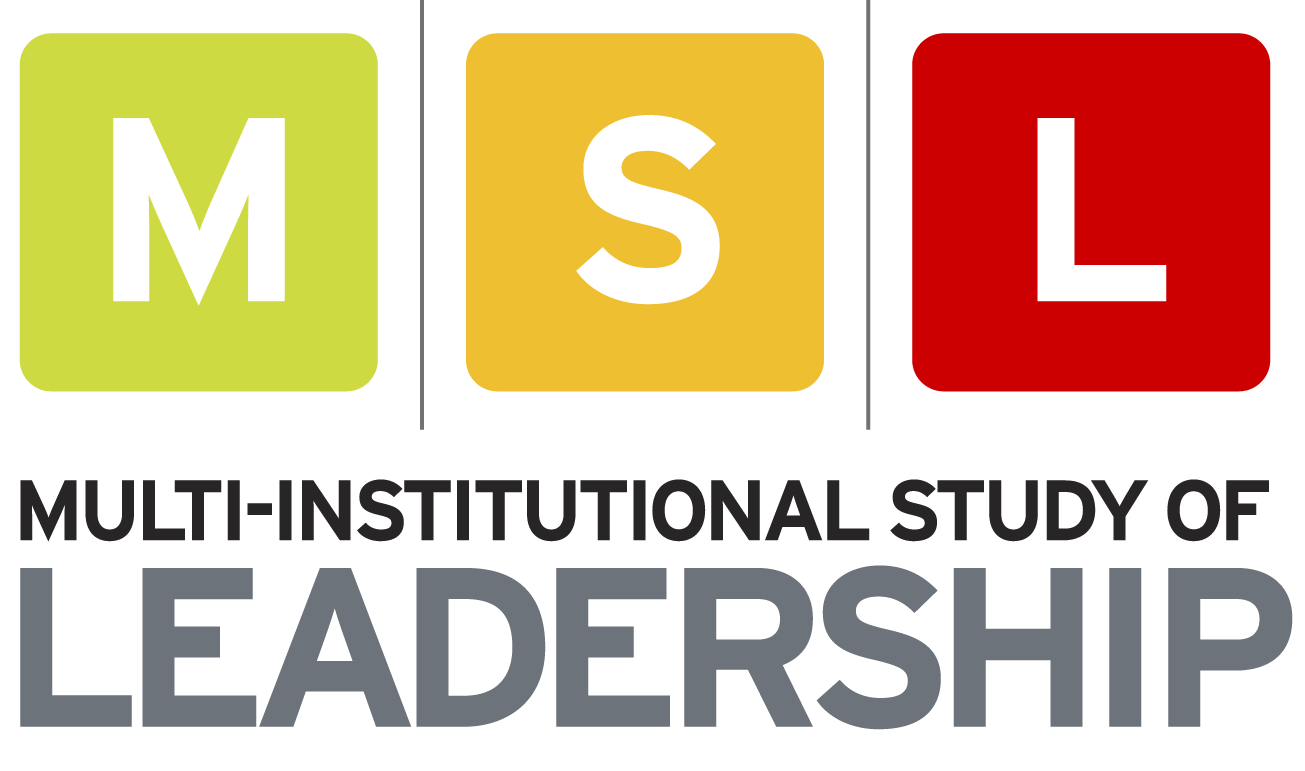The MSL as a Cross-Campus Collaboration: Leveraging Resources in Times of Change
By Benjamin P. Correia-Harker, Ph.D.—MSL Co-PI
As we navigate this challenging time of a pandemic, economic struggle, and civil unrest, many campuses are discerning the best ways to meet students’ needs and maximize resources. Administrators and educators are encountering a new landscape. For many campuses, enrollment is down. We’re not sure what campus life will look like in the fall. Campus behaviors and policies should shift as they live out anti-racist stances. There are several considerations to take into account, and at the same time, influential resource constraints. Thus campuses need to be savvy about opportunities they engage.
What many may not realize is the MSL can support efforts for numerous stakeholders on campus and provide insights to guide administrators and educators in the midst of these changes and uncertainty. All too often, the MSL can be seen as limited to leadership programs, student activities, or student engagement. Yes, the MSL provides valuable information for these initiatives and it can provide so much more meaningful information for a range of departments across campus.
To what degree do distinct student groups feel a sense of belonging and engage on campus?
What pockets of students tend to engage in social perspective-taking or not?
To what degree do students engage across differences on campus?
How do students make meaning of (or not) of their racial identities?
To what degree do students on campus report strong resilience? Who may be at risk?
How prepared are students of different schools (within a university) or majors to engage in socially responsible leadership?
How efficacious or motivated are students to lead change in their communities?
With these issues affecting nearly every facet of our institutions, nearly all offices or teams should be asking themselves these questions. Academic units, especially those that tout their graduates as leaders within their respective fields, may be interested in how students of different majors are responding to various MSL outcomes. Offices that support and work with distinct student populations should explore how their students are responding: athletics departments for student-athletes, offices of disabilities for students with disabilities, multicultural affairs or offices of equity and inclusion for specific racial, gender, or sexual orientation groups, residence life for on-campus students, veterans affairs for veterans, and more. It may be helpful to explore this overview of MSL measures to see how various constituents on campus could use this information. Several offices and departments can benefit from and should support MSL efforts on your campus.
As campuses consider this unpredictable landscape, the MSL can be a resource that informs practice for various entities on campus and provides insights related to our challenges today. Please do not hesitate to reach out to an MSL team member to explore the ways this tool can help your campus’s needs and improve student learning and development.

